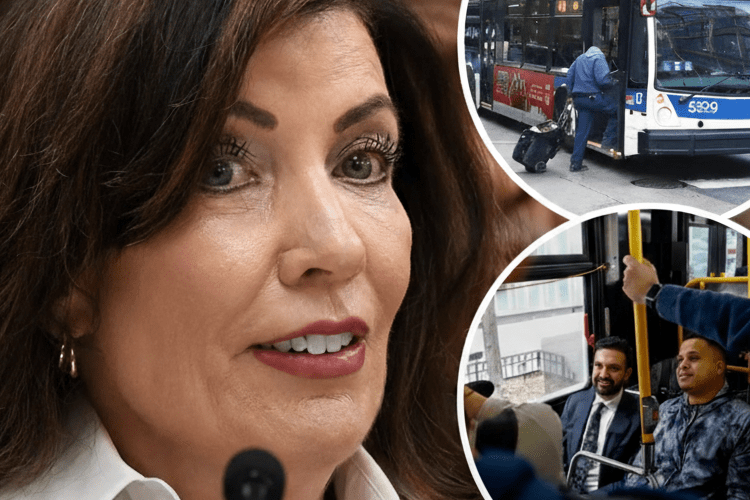Governor Kathy Hochul Refuses to Back Mayor-Elect Zohran Mamdani’s $700 Million Free Bus Promise — Sparks Major Subway vs Bus Budget Clash
New York is waking up to a sharp ideological split between two of its most powerful Democrats. Governor Kathy Hochul, who once endorsed incoming Mayor-elect Zohran Mamdani, publicly rebuked his signature proposal to make every city bus free — a plan estimated at around $700 million annually. Speaking at the SOMOS political retreat in Puerto Rico, Hochul made clear she could not yet back the move, stating flatly: “I cannot set forth a plan right now that takes money out of a system that relies on the fares of the buses and the subways.”
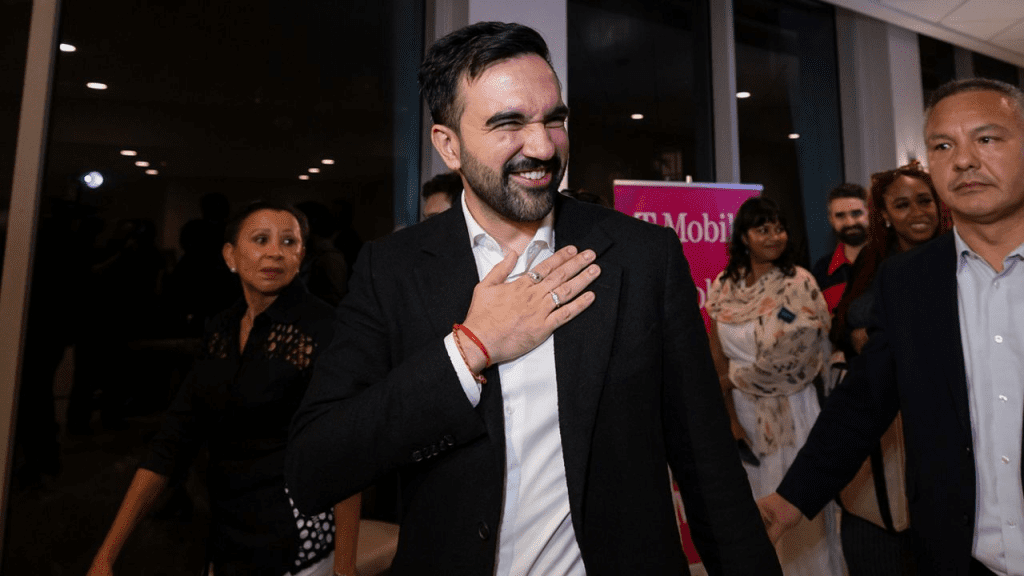
Mamdani, the self-described democratic socialist who campaigned on a sweeping affordability agenda, seized on free buses as both a populist symbol and practical fix for transit-strapped New Yorkers. His argument: bus fares are already being evaded to the tune of hundreds of millions annually, so why not eliminate them altogether and make buses faster, fairer and free?
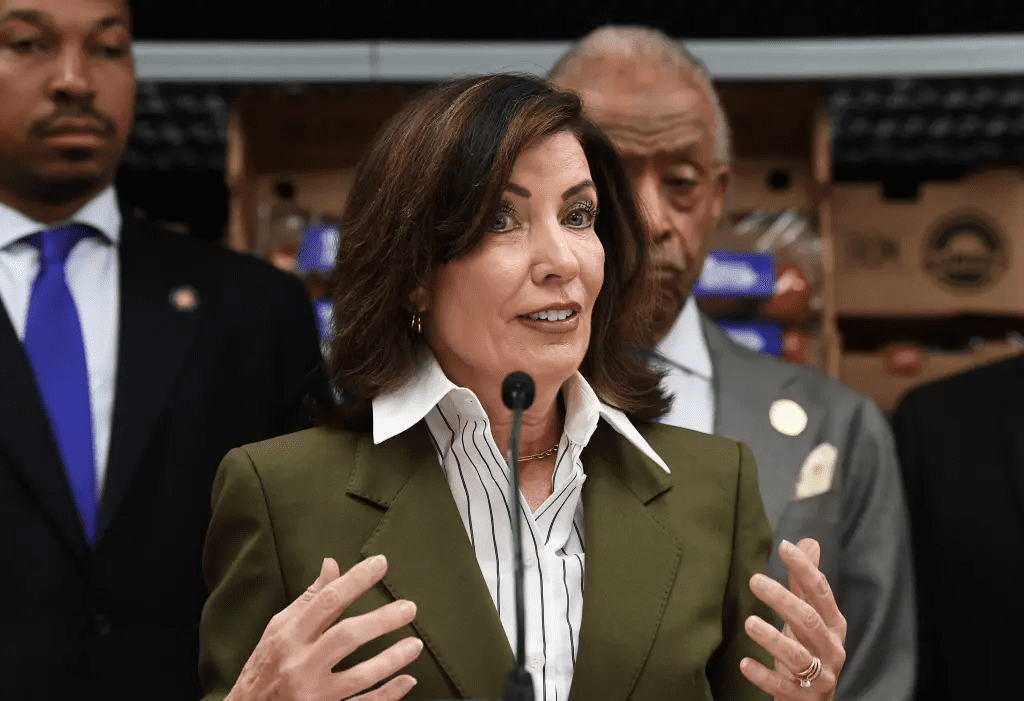
But for Hochul, a longtime public servant stepping into a 2026 re-election campaign and facing fiscal realities, the concerns are potent. Under her watch the Metropolitan Transportation Authority (MTA) relies on fare receipts to service billions in bonds and capital-investment plans; removing that stream without a clear replacement threatens its financial footing.
The tension cuts deeper. Hochul endorsed Mamdani in September, signalling unity within the Democratic Party’s broad left-center coalition. Yet just weeks into the transition, she has chosen caution over collectivist ambition, refusing to be swept up by the free-fare fervor. Most of Mamdani’s other big items — universal child care, rent freezes, food-store ownership — still count on Albany and state budget sign-off.
Mamdani acknowledged the rebuff but framed it optimistically. At a press conference he said: “I continue to be excited at the work of making the slowest buses in America fast and free … and I appreciate the governor’s continued partnership in delivering on that agenda of affordability.”
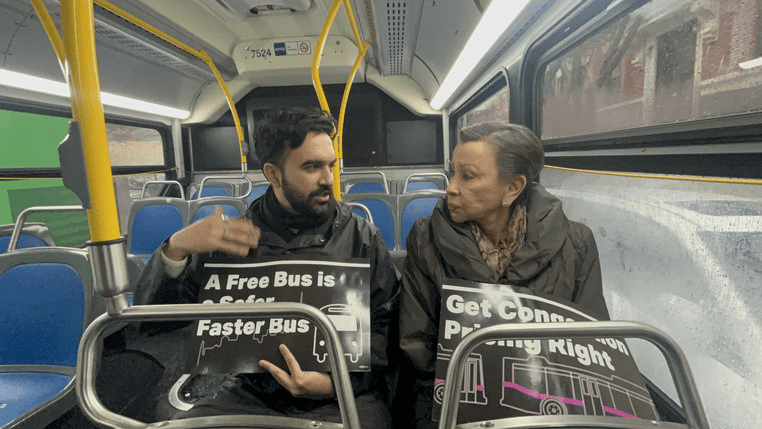
For New Yorkers, the stakes are all too tangible. The city’s buses absorb tens of thousands of riders daily, many from low-income neighborhoods, and many in transit deserts where alternatives are limited. A free-fare system could reduce cost burdens and encourage ridership. But opponents point to the scale of the challenge: the MTA estimates bus fare revenue will approach $1 billion annually in coming years unless the structure changes — meaning any free-fare plan needs a viable replacement or deep cuts elsewhere.
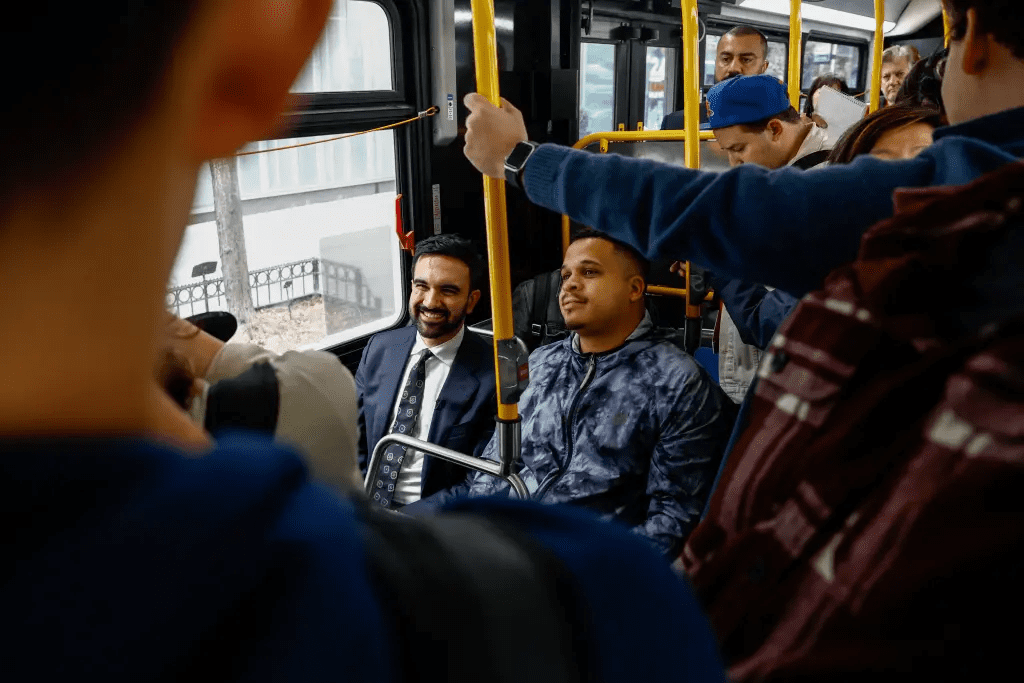
The backdrop: the city and state budget together top $300 billion; the burden of infrastructure, housing, transit and social programs is unsparing. Mamdani estimates his bus-fare plan at $700 million yearly, while others warn the true cost could be significantly higher when accounting for increased ridership, replacement buses, driver staffing and lost fare revenue.
Complicating the matter is fare evasion, which has plagued the bus system. A pilot fare-free program on five bus routes in 2023 saw a near 30 percent increase in riders, mostly low-income, while fare evasion nationwide surged during the pandemic. Proponents say this indicates untapped demand. Opponents say it also indicates that a full-scale free-fare shift would require more than just a subscription for riders — it requires capacity upgrades, maintenance funding, and a long-term revenue model.
Hochul’s stance reflects a pragmatic centrist wing of the party: commitment to affordability and equity, but within the bounds of fiscal sustainability. She separately signalled support for universal child care — one of Mamdani’s other marquee promises — but stressed phased rollout: “Child care … I’m committed to this as mom governor … but to do it statewide right now, it’s about $15 billion — the entire amount of my reserves.”
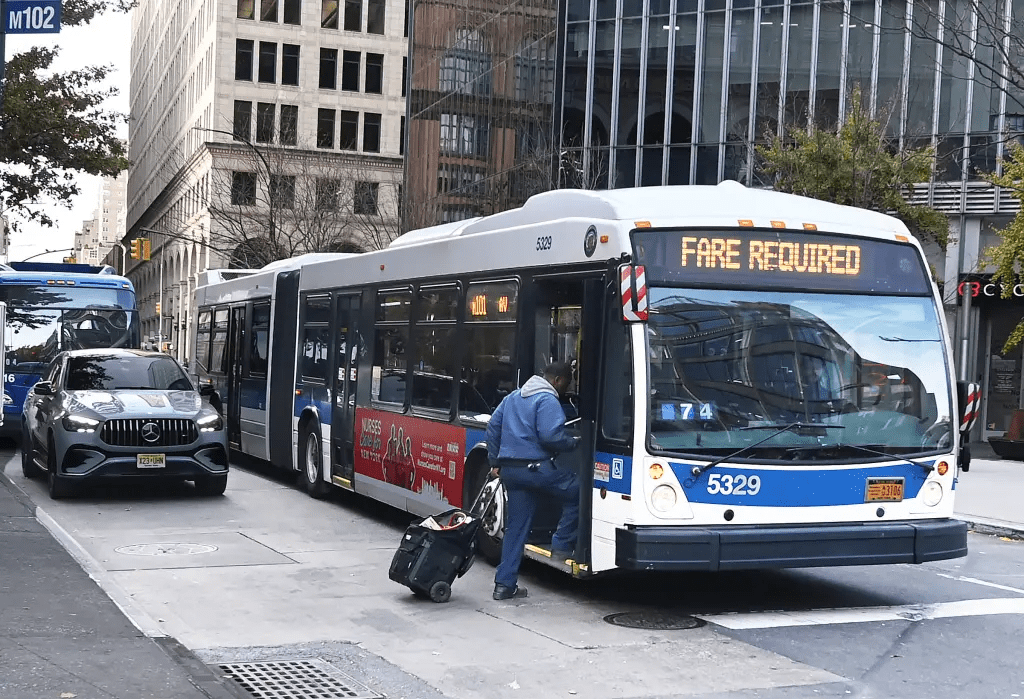
For Mamdani, this is a clear early test of whether his bold—some say radical—agenda will be delivered or watered down. His platform, colloquially dubbed “Zohranomics,” spans free transit, rent freezes, city-run grocery stores and tax hikes on the wealthy. In many cases, state approval and cooperation are non-optional.
Public reaction is mixed. Some transit-advocacy groups praised the ambition of free buses as a long-overdue relief for working New Yorkers. Others – including fiscal watchdogs and business groups – warn of unintended consequences: bond-rating downgrades for the MTA, reduced capacity for capital repairs, and a precedent of unfunded services. As one bus system veteran told reporters, “You don’t make free rides without paying somewhere.”
In Albany, lawmakers will now face pressure from both camps. Supporters of fare elimination argue that lowering transportation costs increases workforce mobility and supports low-income communities. Critics argue that simply shifting costs onto other taxes or borrowing irresponsibly isn’t a viable path. Some suggest targeted subsidies might achieve similar goals at lower cost.
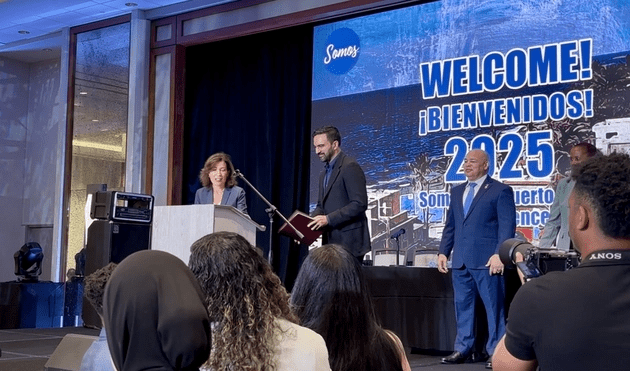
The transit agency itself is caught in a tough spot: asked to scale up a free-fare system while balancing budget shortfalls and infrastructure needs. MTA CEO Janno Lieber has expressed skepticism, citing bondholdings and revenue dependence. “Any change of the scale that’s being talked about … has to be studied,” Lieber told NY1.
Much is riding on how the next budget cycle plays out. With Mamdani taking office January 1, 2026, the campaign is already in full effect. Hochul’s rebuff may signal either necessary negotiation or an early alliance fracture. How the mayor-elect responds — whether by recalibrating his free-bus proposal or doubling down — will set the tone for his entire term.
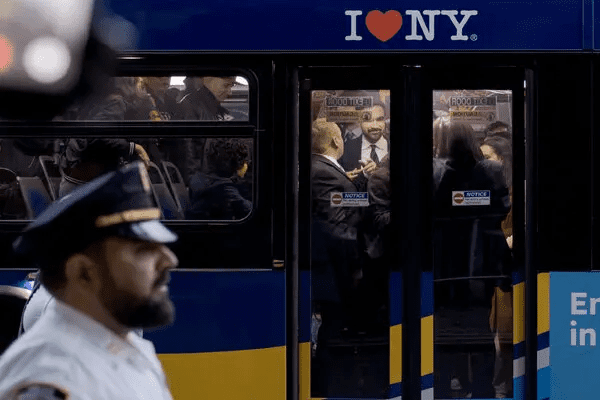
At its heart this isn’t just a disagreement over transit fare. It’s a micro-cosm of broader tensions: progressive ambition vs pragmatic budgeting, transformative vision vs institutional constraints, and city-level boldness vs state-level stewardship. For working-class New Yorkers, this flashpoint asks a simple but profound question: cost or access — which matters more?
As the city watches the next chapters unfold, the outcome will shape more than just bus fare policy. It will provide insight into how progressive governing can function in one of the world’s most complex cities. Will big ideas melt into compromise, or will the city turn the bus-fare dial fully to zero? For now, the brakes are firmly applied.
